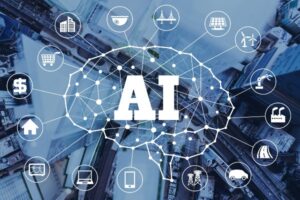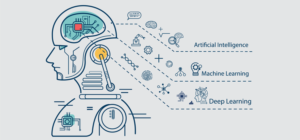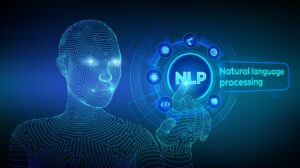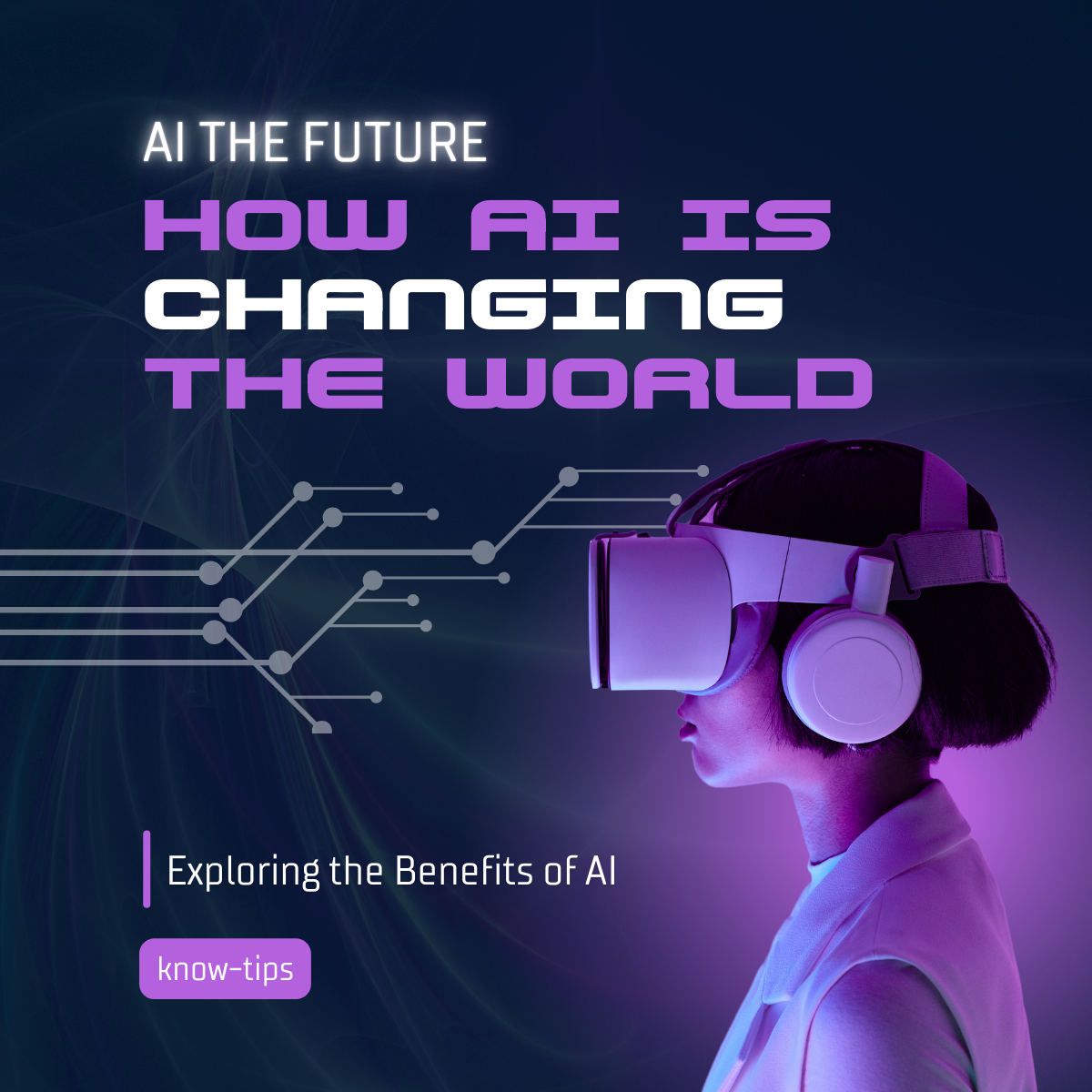AI in Everyday Tools: Enhancing Modern Life in 2024.

⇒ Introduction:
Nowadays, the word artificial intelligence (AI) has become a very common part of daily life, and how it changes the way we interact with the many tools and technologies we have. AI is present in tasks being done from smartphones to kitchen appliances to help work, increase productivity, and deliver a better user experience. Living in 2024, it’s clearly been established that we’re going to carry AI in our everyday tools, no longer just a gimmick but also tools delivering real value across industries and in homes. In this article, we delve deeply into the application of AI in everyday tools, explore its advantages and disadvantages, and explore the future of AI innovation.
⇒ Key Concepts and Definitions:
1.Artificial Intelligence (AI)

What I’m doing is programming machines that can think for themselves or can learn and can perform tasks on their own. AI applications range from the narrow tasks such as virtual assistants to large-scale systems capable of making complex decisions.
2.Machine Learning (ML):

Simply defined, it is a portion of AI that prepares frameworks to locate patterns, anticipate, and advance mechanized processes without human input.
3.Natural Language Processing (NLP):

Very much anything that gets up to the level of a voice recognition tool like Siri or Alexa, where machines will understand you and respond to what you say in human speech.
⇒ Benefits and Advantages of AI in Everyday Tools:
Increased Efficiency:
AI-enabled tools take on repetitive tasks and shorten the time and effort required in daily activities. AI helps to filter through the overwhelming flow of information, from organizing schedules to filtering emails.
Improved Personalization:
Personalized experiences based on preference and user behavior are the type of expertise that AI-driven tools provide. For example, the AI uses the data we’ve already consumed to provide recommendations for specific content on streaming platforms (such as Netflix and Spotify).
Enhanced Decision-Making:
With financial apps monitoring spending habits as well as health tracking tools guiding improvements based on fitness levels, AI is analyzing large datasets to provide real-time insights.
⇒ How AI is Integrated into Everyday Tools:
• Smartphones and virtual assistants:

These AI-powered tools all work with each other as smart assistants that respond to voice commands, automate tasks, and provide information very quickly. AI learns the human voice through interaction by these assistants.
• Home Automation Systems:

Smart home devices such as thermostats (e.g., Nest), security cameras (e.g., Ring), and smart lighting (e.g., Philips Hue) rely on AI. They can tailor settings according to your routines, optimize energy efficiency, and raise home security by learning your habits.
• Fitness and Health Apps:

Machine learning is being used today to create AI-driven apps like MyFitnessPal and Fitbit that follow exercise routines, monitor sleep patterns, and provide personalized health plans. It greatly enhances fitness outcomes by taking in your data and offering personalized suggestions.
• AI in Smart Kitchens:

AI modernizes kitchen appliances like smart refrigerators and ovens that can optimize cooking processes, manage grocery lists, and recommend recipes from ingredients that are available. They try to make food prep easier and reduce food waste.
• Financial Management Tools:

Mint and YNAB (You Need a Budget) use AI as a critical component of these personal finance applications. To use these tools, users create budgets, track spending, and even track a financial trend by analyzing past transactions and patterns.
⇒ Tips and Best Practices for Using AI Tools:
• Regularly Update AI Tools:
However, AI-driven tools, like most software, need to be updated with the latest software to continue to run smoothly and provide the most believed insights.
• Set Clear Privacy Preferences:
AI tools collect user data for personal experience. Pay careful attention to the data you share and establish clear privacy settings so that your information is protected.
• Take Advantage of Automation Features:
What you find is that so often AI tools have automation settings for all sorts of things, like scheduling or reminders. These are things to look into to make sure you’re using them as efficiently as you can.
⇒ Common Mistakes When Using AI Tools:
• Over-Reliance on AI:
It’s been used more and more and is very effective, but it’s not perfect because there’s always been a part of it where you just can’t rely on an AI; you have to use your human judgment. Most finance apps don’t take into account unexpected expenses, so things like that could give the wrong predictions.
• Ignoring Data Privacy:
Most of the users ignore the importance of protecting personal data when using the AI tools. To read the privacy policy and see where your data is being used by AI services,.
• Not Personalizing Settings:
Poor AI tools tend to underperform when the tools are not customized to fit the user’s preferences. Have a look to adjust settings accordingly for a better personalized account.
⇒ Conclusion:
The meaning of convenience, efficiency, and productivity has radically changed as we’ve integrated AI into everyday tools. AI helps people live their lives easier, from controlling home automation to improving fitness routines to optimizing finances. The rise of the use of AI technology is growing, and so are the benefits it provides to the users. And it’s learning how to effectively and responsibly use AI that will enable everyone to realize their ‘full potential’ in their balanced and productive lives.
⇒ Additional Resources:
AI in Everyday Life – HowStuffWorks
The Future of AI in Smart Homes – TechCrunch
⇒ FAQs:
- How does AI improve efficiency in daily tasks?
AI automates repetitive tasks and uses machine learning to optimize decision-making processes, saving time and effort.
- What are the potential risks of using AI tools?
Over-reliance on AI without human oversight and ignoring data privacy concerns can lead to errors and vulnerabilities.
- Can AI tools be customized for individual preferences?
Yes, most AI-driven tools offer personalization options that allow users to customize settings for a tailored experience.
- Are AI-driven financial apps reliable?
AI-driven financial apps can offer accurate predictions and insights, but users should always apply personal judgment and stay mindful of unexpected expenses.
- What is the future of AI in everyday tools?
AI will continue to evolve, offering more advanced features for automation, personalization, and decision-making in various aspects of daily life.
Note:
If you have any questions, then comment on the post, and we will respond as soon as possible. Thank you all for visiting our site to get new tips and increase your knowledge. To get new blogs, visit our site daily.
share this to your friends: www.know-tips.com




This article provides helpful piece of information.